Student Integrity

What are the consequences of violating academic integrity principles ?
Violating academic integrity principles can lead to serious consequences on both individual and institutional levels, including academic penalties, damage to reputation, difficulty gaining acceptance into programs or securing employment, emotional distress, and potential loss of accreditation for institutions. It is essential for students to understand the importance of maintaining academic integrity to protect their personal and professional futures, as well as the reputation of their educational institutions.

What is academic integrity ?
Academic integrity is a fundamental principle governing the conduct of research, teaching, and learning in academic institutions. It encompasses values and ethical standards promoting honesty, fairness, respect, and responsibility among students, educators, and researchers. The goal is to maintain trustworthiness and credibility by adhering to high ethical standards. Core values include honesty, fairness, respect, and responsibility. Key aspects are avoiding plagiarism, fabrication, cheating, multiple submissions, and collusion. Violating academic integrity can lead to loss of reputation, disciplinary action, legal consequences, diminished career prospects, and ethical implications. Adhering to academic integrity promotes a fair and just academic environment.

Are there any cultural differences in perceptions of academic integrity ?
The perception of academic integrity can vary across cultures due to differences in values, beliefs, and practices. In individualistic cultures, academic integrity is often viewed as an individual responsibility, while collectivist cultures place more emphasis on group harmony and cooperation. Power distance can also influence perceptions of academic integrity, with high power distance cultures being more reluctant to report instances of academic dishonesty. The concept of time can also play a role, with monochronic cultures prioritizing efficiency over quality, while polychronic cultures focus on building relationships. Attitudes towards rules and regulations can also vary across cultures, with rule-based cultures viewing academic integrity as a set of strict rules, while relation-based cultures view it as something that depends on the relationship between individuals. Understanding these cultural differences can help educators design effective strategies to promote academic integrity among diverse student populations.
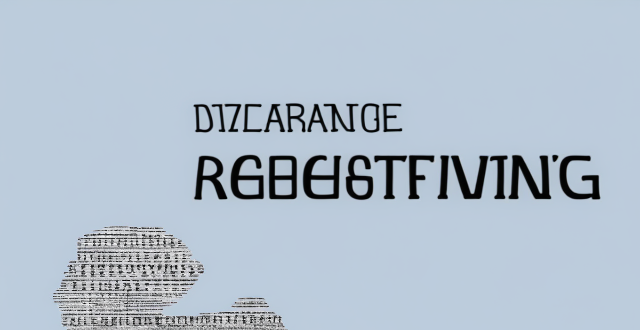
How can students maintain academic integrity in their studies ?
The text discusses the importance of maintaining academic integrity in education and outlines several ways for students to do so. It emphasizes understanding the concept of academic integrity, adhering to school policies, citing sources properly, avoiding plagiarism, being honest in assessments, respecting intellectual property rights, maintaining confidentiality, reporting incidents of misconduct, and seeking help when needed. The text concludes that maintaining academic integrity is crucial for students to achieve success in their academic pursuits and beyond.
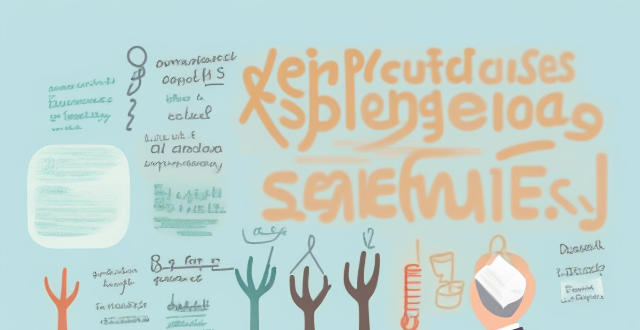
How can students with English as a second language be supported in understanding and applying academic integrity standards ?
The text discusses the importance of supporting students with English as a second language (ESL) in understanding and applying academic integrity standards. It outlines four key strategies for doing so: providing clear explanations, accessible resources, open communication, and extra support. Clear explanations should cover what constitutes academic dishonesty, the consequences of violations, and how to avoid dishonesty. Accessible resources such as glossaries, guides, and videos can help ESL students understand these concepts better. Encouraging open communication between students and instructors can address concerns and questions about academic integrity. Providing extra support through tutoring services, workshops, and peer mentoring programs can further assist ESL students in adhering to academic integrity standards.

What are the long-term effects of breaches in academic integrity on one's career ?
The long-term effects of breaches in academic integrity can be severe and far-reaching, including damaged reputation, limited career opportunities, and potential legal consequences. It is essential for students, researchers, and educators to uphold the principles of academic integrity to ensure the success of their careers and the integrity of their respective fields.

In what ways does academic integrity relate to professional ethics ?
**Academic Integrity and Professional Ethics: An Interconnected Relationship** The concepts of academic integrity and professional ethics are fundamentally interconnected, sharing principles like honesty, fairness, responsibility, respect, and courage. Academic integrity lays the groundwork for professional ethics by instilling foundational skills such as critical thinking, research integrity, and ethical decision-making. These skills transition from academia to profession, building reputations for reliability and trustworthiness. Therefore, promoting academic integrity is crucial not only for the academic community but also for the broader professional world.
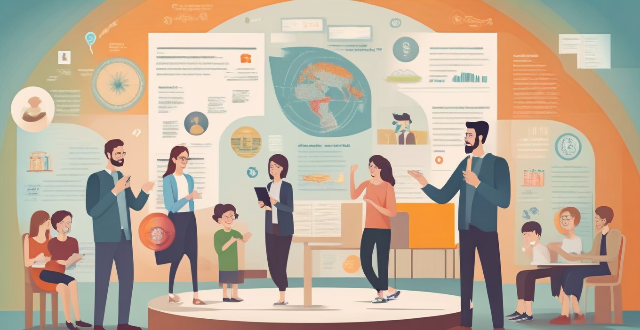
How has the COVID-19 pandemic affected issues of academic integrity, especially with online learning ?
The COVID-19 pandemic has significantly impacted academic integrity in the education sector, particularly due to the shift to online learning. The increased opportunities for cheating during online examinations and plagiarism are major concerns. Difficulty in maintaining academic integrity standards, potential for misunderstandings and miscommunications, and strategies to address these challenges are also discussed.
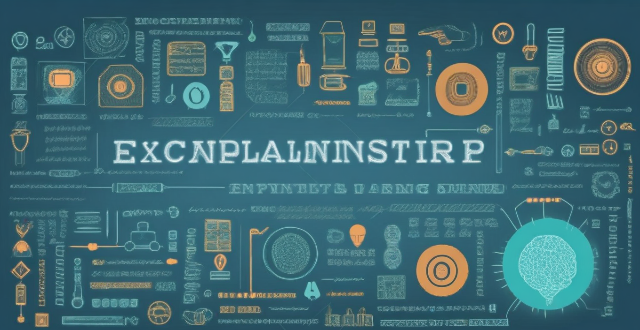
How does academic integrity relate to the concept of intellectual property ?
The text explores the relationship between academic integrity and intellectual property. It defines academic integrity as the core values of scholarly work, including honesty, trust, fairness, respect, and responsibility, which are essential in research, teaching, and publishing. Intellectual property, on the other hand, refers to legal protections that give creators exclusive control over the use of their creations of the mind. The intersection of these two concepts is discussed in terms of respect for original work, protection of ideas, promotion of innovation, and ethical considerations. Both academic integrity and intellectual property laws stress the importance of respecting original work and protecting ideas. They also promote open access and sharing of knowledge while ensuring responsible conduct of research. The text concludes that upholding academic integrity contributes to a robust system of intellectual property that benefits society as a whole.

What is the role of peer pressure in maintaining or undermining academic integrity ?
Academic integrity is a commitment to honesty, trust, fairness, respect, and responsibility. Peer pressure can play a positive role in maintaining academic integrity by encouraging ethical behavior, promoting collaborative learning, and providing support and encouragement for students. However, peer pressure can also undermine academic integrity by promoting cheating and plagiarism, disrupting collaborative learning environments, and stigmatizing help-seeking behavior. It is essential to recognize the potential impact of peer pressure on academic integrity and work to foster an environment that supports ethical behavior and discourages cheating and plagiarism.
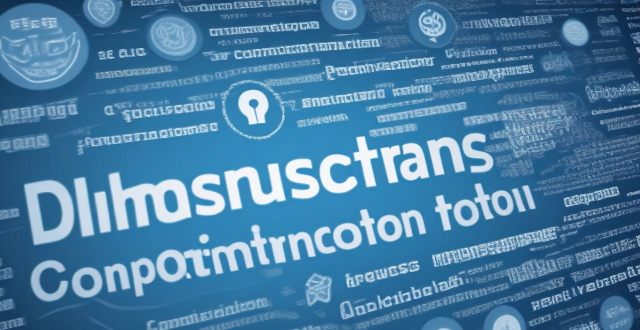
How do communication protocols ensure data integrity and security during transmission ?
The text discusses the role of communication protocols in ensuring data integrity and security during transmission. It outlines mechanisms such as checksums, sequence numbers, acknowledgments for maintaining data integrity, and encryption, authentication, and secure protocols for ensuring data security. The article emphasizes that adhering to these rules allows devices to communicate reliably and securely over networks.
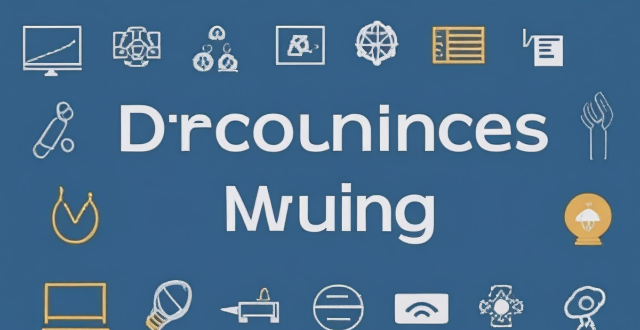
What is the difference between collaborative work and collusion in terms of academic integrity ?
The text discusses the differences between collaborative work and collusion in academic settings. Collaborative work is defined as a transparent process where individuals share ideas, resources, and skills for a common goal, distributing credit fairly and adhering to ethical standards. In contrast, collusion involves deceitful actions like plagiarism or falsifying data, aiming for unfair advantage and often resulting in severe penalties and reputational damage. The distinction is crucial for maintaining academic integrity and promoting an environment of honesty and transparency.
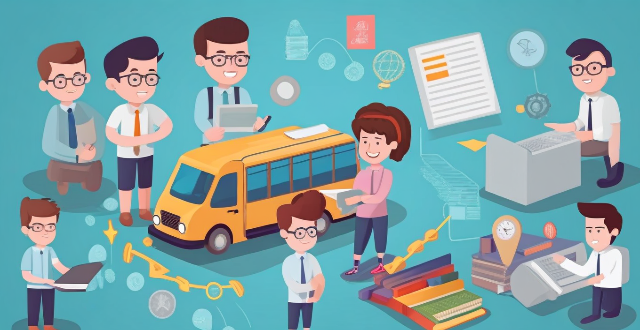
What character traits are essential for effective student leadership, and how can they be encouraged ?
Effective student leadership requires character traits like integrity, responsibility, empathy, courage, and adaptability. These traits help leaders inspire, motivate, and guide peers towards common goals. Encouraging these traits involves leading by example, open communication, ethical decision-making, assigning tasks, following up on progress, recognizing effort, active listening, promoting diversity, developing emotional intelligence, risk-taking opportunities, conflict resolution techniques, building a supportive environment, enhancing problem-solving skills, promoting continuous learning, and establishing feedback mechanisms.

What are the pros and cons of taking out a student loan ?
Student loans can help students afford college, but also come with long-term debt and limited job opportunities.

How can educational technology enhance student engagement ?
The text discusses how educational technology can enhance student engagement. It outlines various methods such as personalized learning, interactive content, collaborative tools, real-time feedback, and flexible learning options that educators can use to improve student participation and performance in the classroom.

How does technology impact academic integrity, particularly regarding plagiarism ?
Technology has significantly impacted academic integrity and plagiarism in the educational world. The rise of plagiarism detection software has increased awareness and improved the quality of student work but may also lead to false positives and overreliance on technology. Evolution of writing and research tools makes information more accessible yet poses risks like plagiarism opportunities and lack of critical thinking. Social media and collaborative platforms facilitate collaboration and networking but can also contribute to plagiarism risks and distractions. It is crucial for educators to promote ethical practices while leveraging technology's benefits for learning and collaboration.

Do any restaurants offer student discounts ?
Students often look for ways to save money, and one such way is by utilizing student discounts offered by various establishments, including restaurants. In this response, we will explore if there are any restaurants that offer student discounts and what benefits they provide. Yes, there are several restaurants that offer student discounts, which can vary from place to place and may not be advertised openly. Therefore, it is important to ask the staff or check their website before visiting. The benefits of student discounts at restaurants include saving money, trying new places, socializing, and convenience. To find out if a restaurant offers student discounts, you can check their website, ask the staff, or search online. Examples of restaurants that offer student discounts include McDonald's, Subway, Pizza Hut, Dairy Queen, and Burger King. In conclusion, there are several restaurants that offer student discounts, which can help students save money while enjoying a meal out with friends or family. By checking the restaurant's website, asking the staff, or searching online, you can find out if a restaurant offers student discounts and take advantage of them.
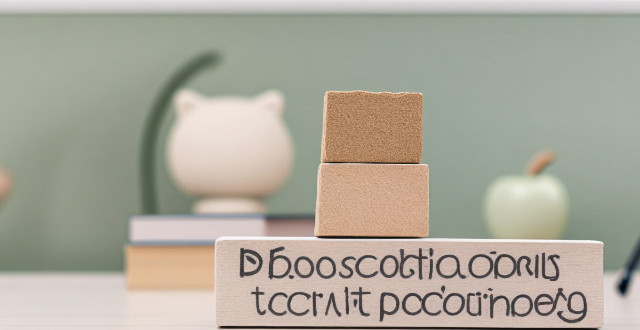
How does educational psychology impact student learning ?
Educational psychology plays a crucial role in understanding and enhancing student learning. It helps educators understand cognitive development, enhance motivation and engagement, promote social-emotional learning, address diverse learning needs, and evaluate teaching strategies and interventions. By incorporating insights from educational psychology into their practice, teachers can create a more effective and supportive learning environment for all students.
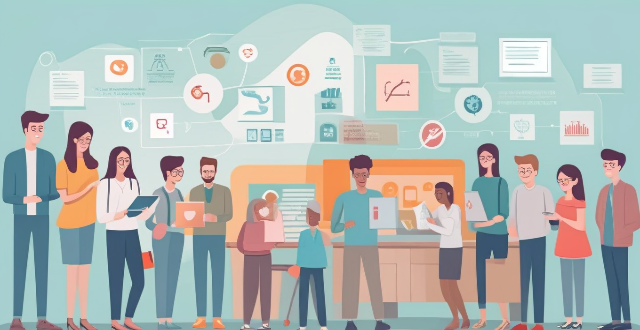
How can schools address the issue of contract cheating, where students pay others to complete their assignments or exams ?
Addressing contract cheating in schools is crucial for maintaining academic integrity. Effective measures include using advanced plagiarism detection tools, educating students on academic integrity, encouraging open discussions, providing support services, and collaborating with parents and guardians. These strategies can deter students from engaging in contract cheating and promote a culture of original work.

How do student loans impact credit scores ?
Student loans can significantly impact credit scores, positively throughStudent loans can significantly impact credit scores, positively through diversified credit mix, and Best practices for managing student loans include making payments on time, keeping balances low, and exploring forgiveness or repayment options to protect and enhance financial standing.
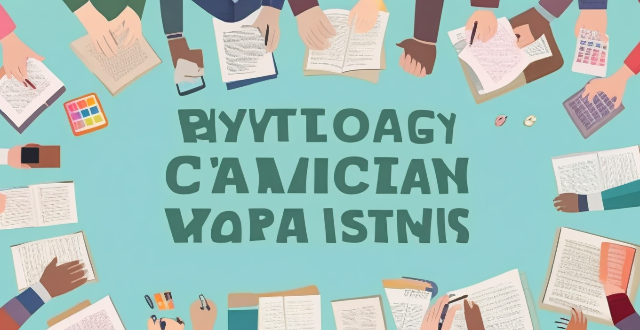
How can educational psychology improve teacher-student relationships ?
Educational psychology can enhance teacher-student relationships by promoting empathy, clear communication, effective classroom management, emotional intelligence, cultural competence, personalized instruction, and collaboration. Understanding diverse student needs, active listening, consistent messaging, feedback, clear boundaries, fair discipline, self-awareness, managing emotions, inclusivity, adaptability, tailored instruction, personalized attention, parental involvement, and peer support are all strategies that contribute to a positive learning environment.

How do interest rates on student loans work ?
Interest rates on student loans are the percentage of the loan amount that borrowers must pay in addition to the principal balance. The interest rate is determined by the lender and can vary based on factors such as creditworthiness, type of loan, and repayment term. There are two main types of student loans: federal and private. Federal student loans have fixed interest rates that are set by Congress each year, while private student loans have variable or fixed interest rates that are determined by the lender. Interest on student loans begins to accrue as soon as the loan is disbursed, and there are several repayment options available for student loans. By choosing the right type of loan and repayment plan, you can minimize your interest costs and pay off your student loans more efficiently.

How do online learning platforms enhance student engagement and performance ?
The article discusses how online learning platforms enhance student engagement and performance. It mentions personalized learning experiences, interactive content and multimedia, collaboration and communication tools, gamification and rewards, flexibility and convenience, and immediate feedback and support as key features of these platforms that contribute to improved student outcomes.
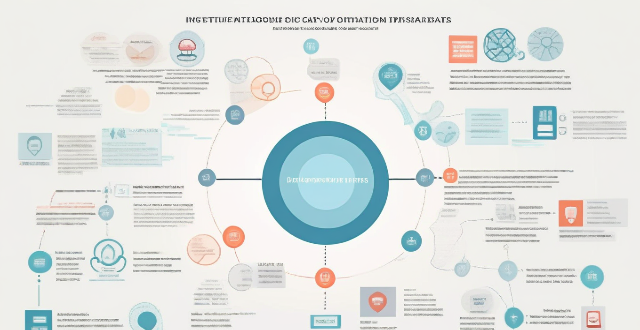
How can educational institutions use data analytics to improve student outcomes ?
Educational institutions can use data analytics to improve student outcomes by identifying areas of focus such as performance tracking, curriculum analysis, and student engagement. Implementing data-driven strategies like personalized learning, predictive analytics, and resource allocation can further enhance student success. Continuous evaluation and collaboration are key to measuring success and making necessary adjustments.

What happens if I can't repay my student loans ?
Student loans are a common way for individuals to finance their education. However, what happens if you are unable to repay your student loans? This article will explore the consequences of not being able to repay your student loans and provide some suggestions on how to avoid these consequences. If you fail to make payments on your student loans, you will eventually default on your loans. This means that you have failed to make payments for a certain period of time, usually 270 days. Once you default on your loans, the following consequences may occur: - Damage to Your Credit Score: Your credit score will be negatively impacted, which can affect your ability to obtain credit in the future. - Wage Garnishment: The government or your lender may take legal action against you to garnish your wages, which means taking a portion of your paycheck to cover the debt. - Tax Refund Offset: The government may also take a portion of your tax refund to cover the debt. - Loss of Eligibility for Future Financial Aid: You may lose eligibility for future financial aid, including grants and scholarships. In addition to the above consequences, the government or your lender may take legal action against you to recover the debt. This can result in additional fees and court costs, as well as potential damage to your reputation and career prospects. Failing to repay your student loans can have a negative impact on your future opportunities, including difficulty renting an apartment, getting hired, or starting a business. To avoid the consequences of not repaying your student loans, consider the following suggestions: - Create a Budget: Create a budget that includes your monthly expenses and income, and prioritize paying off your student loans as soon as possible. - Explore Repayment Options: Talk to your lender about different repayment options that may be available to you, such as income-driven repayment plans or deferment/forbearance options. - Seek Professional Help: If you are struggling with repayment, seek professional help from a financial advisor or credit counselor who can provide guidance on managing your debt. - Stay in Touch with Your Lender: Keep in touch with your lender and communicate any changes in your financial situation that may affect your ability to repay your loans. - Consider Consolidation or Refinancing: If you have multiple loans with different interest rates and terms, consider consolidating or refinancing them into one loan with a lower interest rate and more manageable repayment terms.
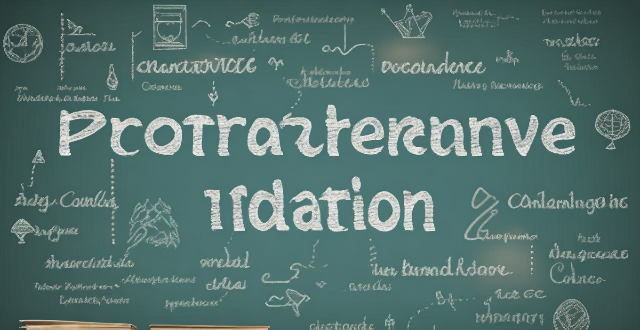
How do I apply for a student loan ?
This text provides a comprehensive guide on how to apply for a student loan. It outlines nine steps, including determining needs, researching loan options, checking eligibility requirements, gathering documents, completing and submitting the application form, waiting for approval, signing promissory notes and loan agreements, and receiving disbursement of loan funds. The guide emphasizes the importance of understanding different loan options and their terms and conditions before applying. It also highlights the need to gather all necessary documents and provide accurate information in the application form. Overall, this text is an essential resource for students seeking financial assistance for their education.

What factors determine the amount of a student loan ?
The amount of a student loan is determined by several key factors, including eligibility criteria set by the lender, the cost of attendance at the chosen school, the student's financial need, and the type of loan (federal or private). Other influential factors include repayment options, school choice, and the availability of other financial aid. Students should consider all these elements and explore all possible funding options before taking out a loan.

How can I manage my student loan repayment after graduation ?
## Summary of Managing Student Loan Repayment After Graduation After graduation, managing student loan repayment can be a significant challenge. However, by following these steps, you can effectively manage your loans and avoid unnecessary fees or damage to your credit score: 1. **Understand Your Loan Terms**: Before starting any repayment plan, it's crucial to understand the terms of your student loans, including interest rates, monthly payments, and grace periods. 2. **Create a Budget**: A budget helps prioritize expenses and determine how much money can be allocated towards student loan repayment each month. Include all necessary expenses in your budget. 3. **Make Payments On Time**: Late payments can lead to fees and negatively impact your credit score. Set up automatic payments or make manual payments on time to avoid penalties. 4. **Consider Consolidation or Refinancing**: If you have multiple loans with different terms, consolidating them into one payment or refinancing at a lower rate may simplify repayment and save money. 5. **Explore Repayment Options**: Federal student loans offer various repayment plans, such as income-driven plans that adjust your payments based on your income and family size. Discuss the best plan with your loan servicer. 6. **Seek Help if Needed**: If struggling to make payments, don't hesitate to reach out for assistance. Many loan servicers offer forbearance or deferment options, and there are also government programs that can provide support for student loan repayment.

How can schools improve student mental health ?
Improving student mental health is crucial for academic success and overall well-being. Schools can help by creating a supportive environment, implementing mental health programs, providing access to resources, promoting healthy habits, addressing bullying and harassment, offering extracurricular activities, monitoring academic pressure, and encouraging self-care. By implementing these strategies, schools can create an environment that supports the mental health of all students, allowing them to thrive both academically and personally.
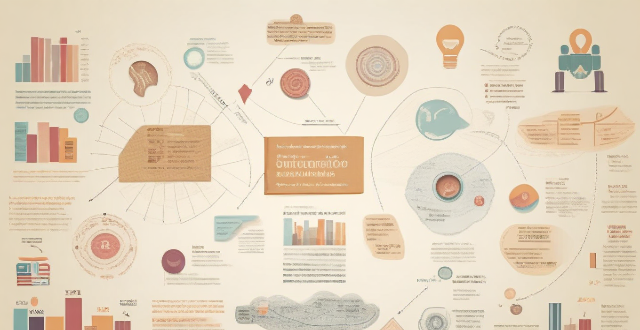
What impact does multicultural education have on student achievement ?
The article discusses the impact of multicultural education on student achievement. It states that this type of education increases students' cultural awareness and sensitivity, enhances their critical thinking skills, and improves academic performance. Students become more aware of their own cultural biases and learn to appreciate diversity, leading to better relationships with peers and teachers. Multicultural education also encourages students to question authority figures and challenge dominant narratives, promoting independent thought and creativity. Research has shown that when students feel valued and respected for their unique cultural backgrounds, they are more likely to engage in learning activities and perform well academically. Overall, multicultural education creates an inclusive learning environment that promotes equity, social justice, and respect for all cultures, preparing students for success in an increasingly diverse world.